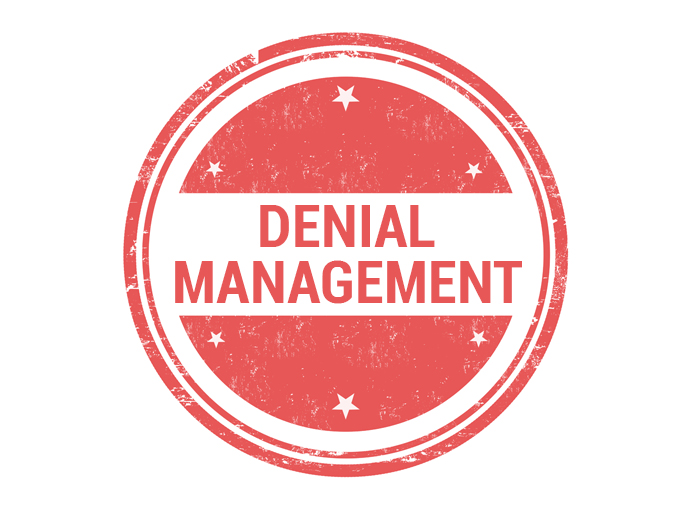
As per the American Dental Association (ADA), nearly 65% of Americans have dental coverage. This is why it is vital to educate dental offices and dental practitioners to handle specific scenarios and respond accordingly. Expensive treatment like dental care can have a significant impact on the practitioner's financial health. Through the Dental Insurance Verification process, chances become substantial that you will be able to collect what you are owed, as it verifies the patient's active benefits, coverage with the insurer, and eligibility before the rendered treatment. Here are a few common denial scenarios and some ways to prevent them.
Lack of information on the claim:
Approximately half of the denial claims for pivotal and crucial services have insufficient information on the insurance claim. The pending status for the claims needs well written narratives. For instance, they should include answers to all the W’s like why, where, what, who, and when of the claim. Additionally, they must also have a written explanation of the procedures performed and their medical necessity. One of the several reasons for denying dental claims is missing information like incorrect diagnostic or CDT codes, missing narratives, radiographs, and policy limitations on the plan. As per Dental Economics, for claim processing, send a recent periodontal charting or full-mouth series for the last six months, encompasses orthodontic, periodontal, endodontic, and other necessary services.
Insurance Coverage Limit:
The dental plans vary based on what an individual's employer is providing. It comes with several limitations, exclusions, and frequencies. Hence handling varies from plan to plan. A limit in a dental plan refers to the individual's lifetime or annual pay for treatment. All dental plans have frequency limitations meaning definite procedures will be covered in a couple of years or from time to time. Exclusions for costly treatments like an implant, oral surgeries result in lower reimbursement from the plan. This is why dental practitioners need to submit a predetermination before performing any treatment to understand what the patient will be paying.
Deadlines non-adherence:
Dental claims submitted untimely are not processed by the payer. Every health insurance company offers a deadline, and failing to submit on time is an easy excuse to deny the claim. This is why it is advisable to submit as early as the completion of the treatment. Some health insurance companies have shorter filing periods, 180 days or even 90 days. Furthermore, most PPO plans have a filing period of one year from the date of service.
Wrong data information:
There are a lot of reasons that take time and training. For instance, an error in patient information on the submitted claim can reject the payment claim with a remark of incorrect beneficiary identification. It implies that either an incorrect enrollee's ID or name on the form. Learning how to file clean claims, your staff team should be vigilant to facilitate claims processing.
Difficulties in Coordination of Benefits (COB):
Coordination of benefits applies to a person with more than one dental plan to cover their dental procedures. Delays in claims processing in understanding COB regulations can occur because of insufficient or wrong information on the file or negligence with the Explanation of Benefits (EOB) from the primary payer when submitting the claim to secondary. Most dental offices should confirm the primary and secondary insurance information during the official visit. Many times claims get rejected, and to prevent COB issues practitioners, should know about the plan and the primary and secondary payers. To pay claims, first, it is sent to the primary payer and later to the secondary payer with an attached EOB.
Obsolete Insurance Information:
It is one of the most common reasons for denial. For instance, if the patient has changed his/her employer, coverage benefits are outdated, the policy has modified or terminated, and updates in the insurance card could get the claim denied. Dental insurance eligibility verification ensures that the records are correct and updated regularly.
Outsourcing the verification and authorization services can help patients with their plans and support dental practices with uninterrupted cash flow. These experts carefully look for errors and correct them before the claim submission to maximize the reimbursement.